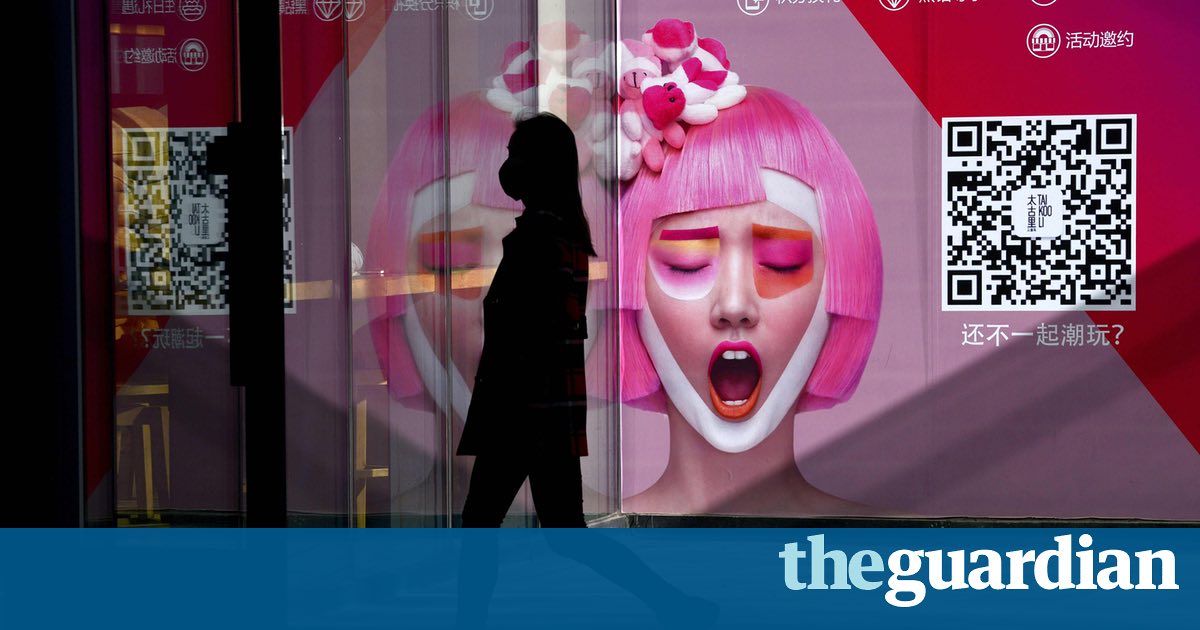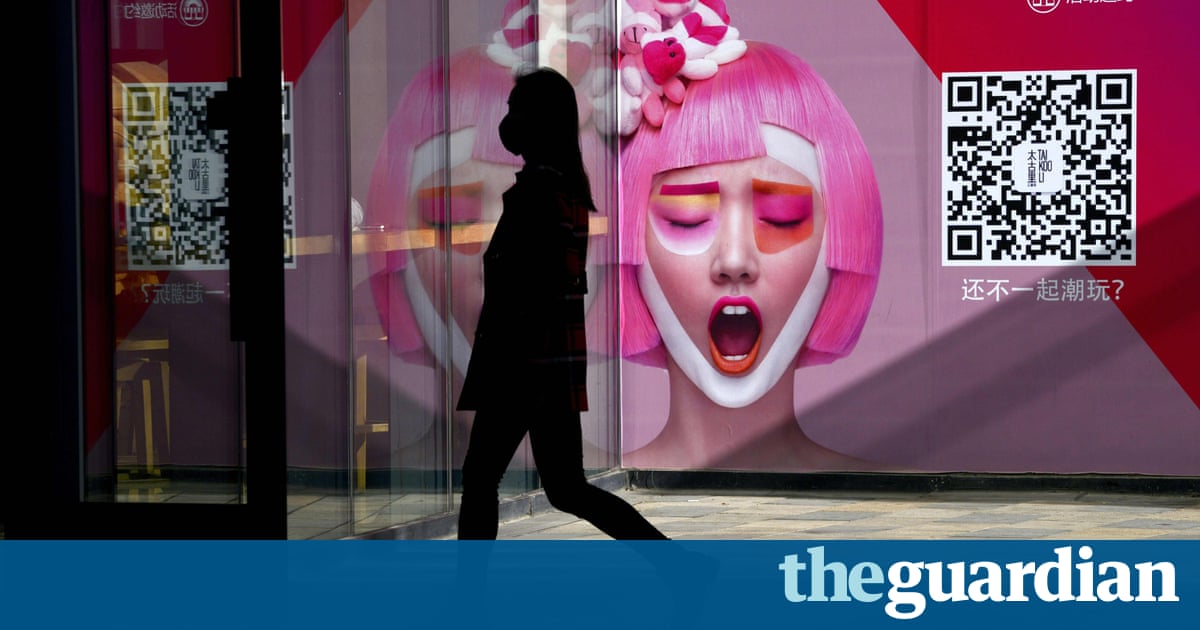Chinese growth slips to slowest pace for 26 years

With fears about the Trump presidency, rising debt levels and an unwinding property boom, the worlds No 2 economy is set for an uncertain 2017

Chinas economy slowed further last year to expand at its weakest pace for quarter of a century, with warnings that it risks losing further momentum in 2017 as Donald Trumps presidency creates new challenges for the trading superpower.
The worlds second-largest economy grew 6.7% last year, according to Chinas statistics office, meeting Beijings target range of 6.5-7% but the slowest growth since 1990.
Figures for the final quarter of 2016 alone pointed to a small pick-up in pace at the close of the year. They showed GDP growth quickened to 6.8% for October-December, the first quarterly acceleration for two years and ahead of economists forecasts for growth to hold at 6.7%.
But news that the fourth-quarter performance was bolstered by higher government spending and record bank lending fanned fears about Chinas rising debt levels. Economists fear that debt could rise further this year if the government continues to inject stimulus into the economy to meet its growth targets regardless of a changing global economy.
After another year of heady credit expansion, we estimate that Chinas total non-financial debt is approaching 270% of GDP, up from 250% at end-2015. If Beijing wants to keep GDP growth above the arbitrary 6.5%, we could see a ratio of 300% of GDP by the end of 2019, said Wei Yao, economist at Socit Gnrale, referring to lending that is not from one bank to another.
Forecasters see the outlook for global growth as particularly uncertain, with a change of administration in the US, key elections in the eurozone, the UK embarking on Brexit negotiations and US interest rate rises all having repercussions for indebted emerging market economies. With China still struggling to rebalance its economy away from a reliance on manufacturing and exports, any slowdown in global trade will be keenly felt in the country.
Policymakers and investors are waiting to see which of Trumps campaign trail pledges he will push through. Some worry his protectionist stance could prompt a trade war after he fought for the presidency on an anti-globalisation platform with a vow to bring jobs back to America that he claimed had been lost to China and other countries.
Trump has pledged to impose high tariffs on imports from China and to brand the country a currency manipulator. The president-elect has long maintained that China has been devaluing its currency to make its exports more competitive on overseas markets.
With China a key driving force behind already faltering global growth, its relations with the new US president will come into sharp focus.
Economists at Bank of America Merrill Lynch wrote in a note to clients on Friday that it ranked a serious escalation of US-China trade tensions as the biggest risk to the global economy in 2017.
At minimum we expect China to be declared a currency manipulator and for specific cases to be brought against China, they wrote.
Kamel Mellahi, an expert on business in China at Warwick Business School said that going into 2017, Chinese policymakers would take heart from the fourth-quarter growth figures.
But although the Chinese economy has picked up again, there is no ground for exuberance. The Chinese economy is subject to massive uncertainties that could have a significant impact on its growth in 2017, he added.
Its widely expected that Chinese policymakers are going to push through some painful structural reforms to address the root-causes of a number of economic problems, particularly rising debt in order to secure a stronger and more stable economic future. The impact of such reforms will be reflected in slower growth in both the short and long terms.
But the biggest unknown, without question, is the looming trade war with the US. The current ping-pong rally of accusations and hostile political rhetoric will no doubt leave its mark on the ChinaUS business relationship.